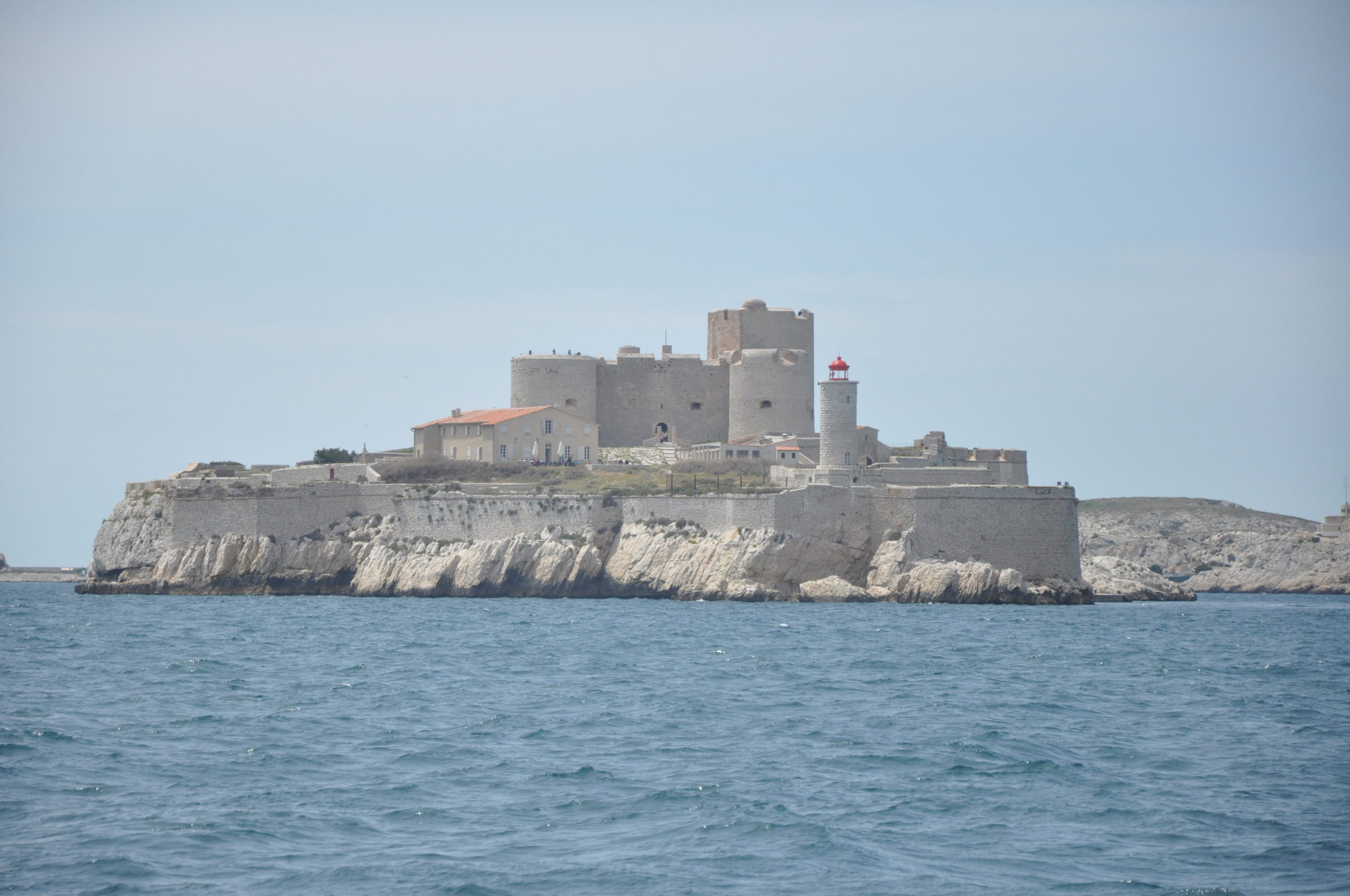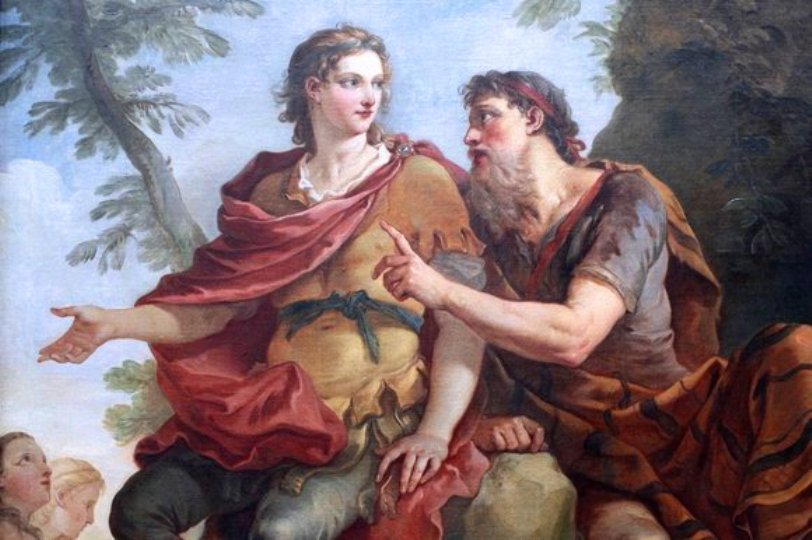Tag: mentoring
-

The Education of the Count of Monte Cristo
What are the proper sources for an educational philosophy? Should educators read only sociological journals and experiment in their classroom for the best results? Or is there something more humane and artistic in the nature of teaching? We have decried the technicism and scientism characteristic of modern education before. One consequence of these trends is…
-
The Counsels of the Wise, Part 6: A Pedagogy of Prudence
At this point in our series, we have established prudence or practical wisdom as a Christian and classical goal of education. We have also laid out several paths toward prudence, seeds really, which must be sown in early youth in order to reap the full flowering of practical wisdom in students’ more mature years. Among…

